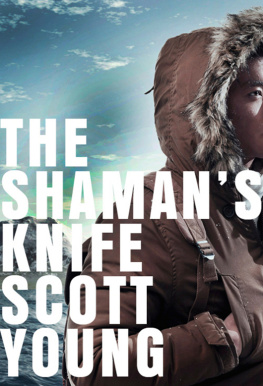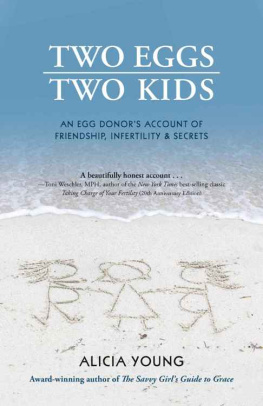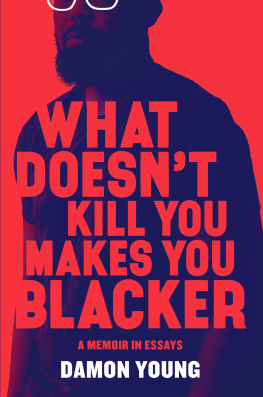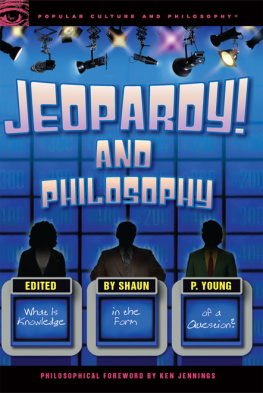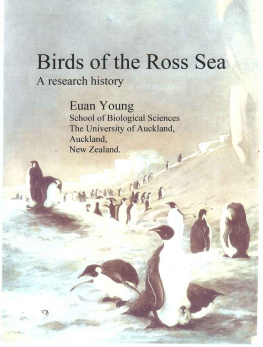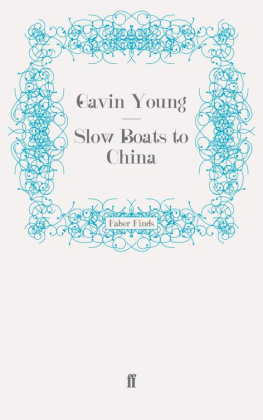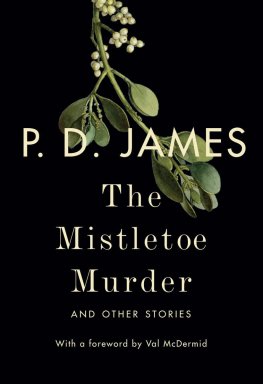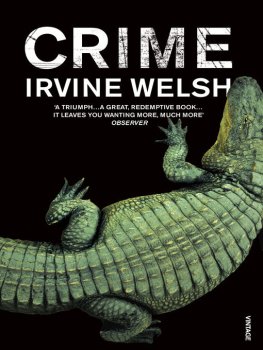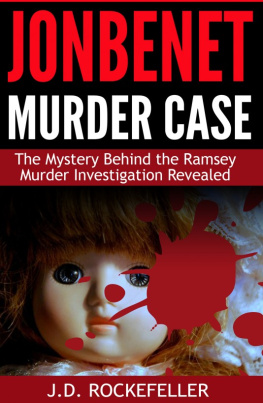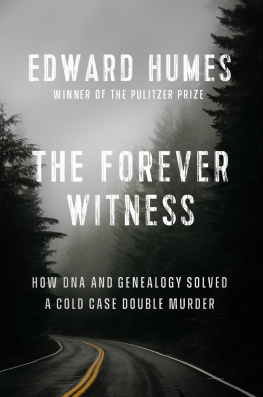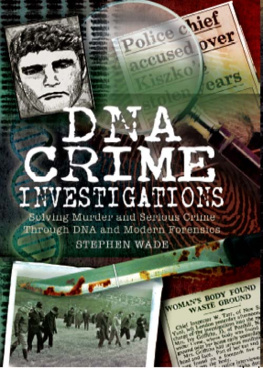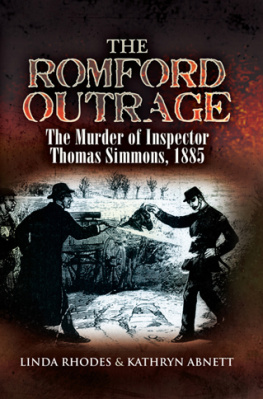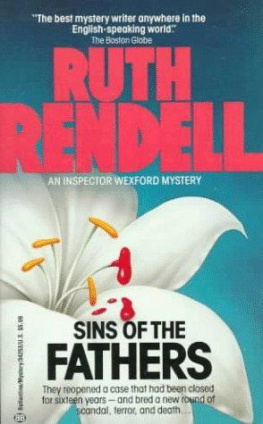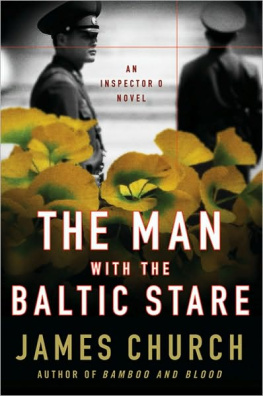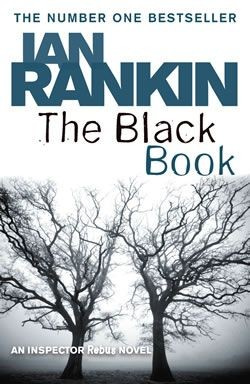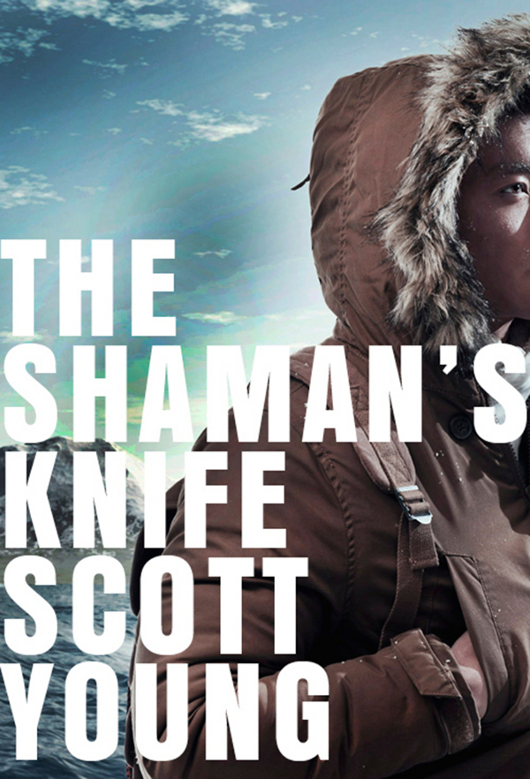Just before I flew out of Goose Bay in Labrador early that Monday morning, I heard a brief news item on a radio another passenger was carrying. Two brutal murders have rocked the Arctic Inuit settlement of Sanirarsipaaq, northeast of Cambridge Bay on Victoria Island, the announcer led off, and went on to say that a middle-aged Inuit hotel cook and her grandson had been murdered during some kind of a drunken brawl. A possible third victim was a very old Inuit woman whose role in the matter was not immediately known. She had been found unconscious in an icy ditch just outside what the news reader called the murder house, and had been flown to hospital in Yellowknife with a possible fractured skull.
The young lnuk carrying the radio turned. Id been testifying in a murder case in Nain and had been described rather colorfully on local radio. As an RCMP inspector who was also a full-blooded Inuk, I was bound to get a lot of attention in Nain, which was almost entirely of my own people. Speaking in our tongue, Inuktitut, the young man with the radio said, That sounds like a job for you, Matteesie. If Id had a little more time I would have called headquarters. Wed been on the same light plane earlier, starting from the gravel runway at the Inuit settlement of Nain and flying south to the big air base at Goose Bay to catch this fast charter Id heard was going directly to Ottawa, due there in three hours or so. But Id be home before eleven. Then I could get details.
In Ottawa I took a taxi to my home in the old Glebe district intending to take on a quick infusion of tea, change my clothes, and go to the office.
A note on the door read: Getting my hair done. Back soon. XXOO. Lois.
In the kitchen the light was flashing on my answering machine. I pushed the button. The message instructed me to call my office immediately. I made a pot of tea, put milk in my cup, waited a minute for the tea to steep, poured, sipped, and was about to call the office when the phone rang. An operator said, CBC News, Inuvik, person to person for RCMP Inspector Matthew Kitologitak.
Speaking.
Go ahead, miss.
Then the jolt came. Inspector Kitologitak? Maxine asked.
I knew her voice better than almost anyones. I thought of her as she would be now, just starting work in her cubbyhole at CBC Inuvik, two hours behind our time zone. The streets there would be just beginning to liven up after several hours of mid-Aprils long daylight. Her grandfather had been Scottish, other ancestors Slavey Indian. Her long black hair had a little gray in it, her skin was dark, and she was getting a little thick in the body, as I was. About five feet six, as I was. In all the years wed been close to one another, Maxine had never before called me at home.
Do you have a minute? she asked, her voice ultra-impersonal. Its about the murders in Sanirarsipaaq.
The case in itself couldnt be the reason she was calling me. There is a distinct pecking order in such matters. Local RCMP detachments tend to feel proprietary about their own murders. They like to provide the news media with their own versions of enlightenment, evasion, or nuances between. They often managed this without help. Usually I wasnt called in until normal procedures had been exhausted.
But through Maxines attempt at impersonality I could hear an emotional note in her voice. I wanted to tell you in case nobody else had, that the...shaky pauseuh, old lady who got hurt outside the house where the murders happened is your mother.
I choked out, How in hell...? then gave silent thanks that she hadnt said was your mother.
She was medivacked to Yellowknife Saturday night, Maxine went on. Shes in hospital now. When I got her name yesterday and only then knew she was your mother, the doctor looking after her, a guy I know, Quinn Butterfield, told me theres no actual fracture but its a bad concussion, maybe some minor internal bleeding but anyway a mighty headache... She hesitated. I tried your office and was told you were in Labrador. I just wasnt sure youd heard...
I had a strong feeling that there was another line she thought but didnt speak: or youd have been here by now, Matteesie.
What held up anyone else getting to you was that I guess the police in Sanirarsipaaq didnt know from her name that she was your mother. Especially her being a stranger there, a visitor.
My mothers travels were a family joke. Shed been on the move much of her life. Like a lot of the old nomadic Inuit, or Eskimos, as she still called herself, travel was in her blood. At mothers ninetieth birthday party in the settlement where she lived near Holman there were about eighty of us in all, five generations. When I spoke about this party later to a rather lofty anthropologist of my acquaintance in Ottawa he told me kindly that when describing such gatherings I should use the term kin group, which I do like the ring of. At the party one of my half-sisters said, Now that youre ninety, youll have to stay home where we know where you are! Mother just cackled.
If shed been hurt there in the Holman area, over on the west side of Victoria Island, where I often visited, someone would have got in touch with me immediately. Anywhere elsewell, I am Matthew Kitologitak. She is Bessie Apakaq. The Inuit system of more or less picking our own surnames baffles some people, especially the whites, but its one of our traditional ways that weve been able to hang on to. Its not based on patronymics, like in Russia, or matronymics, if thats a word, but simply allows the individual to take the name he or she wishes. My uncle Jonassie Kitologitak had been a famous hunter in the western Arctic, an idol of mine, so I took his name as my own. It was not the kind of tidy arrangement that governments, at least theoretically, dote on. This name business naturally confused the authorities. Amazingly enough, those in charge resisted the natural temptation to set up expensive new government offices staffed with party hacks and defeated candidates to work out genealogical tables in an attempt to keep things straight. Instead, in 1941 some deputy minister must have ruled that the simple way would be to print numbered metal tags and give each Eskimo one to be known by. If old number E5-9 died, his number would be retired, just like Gordie Howes.... In a few decades the system went back to the old puzzle of surnames, which is where we are now.
None of that really went through my mind, except as a ping from one of those microchips that each of us carries in mind and memory, a mere flash in time beforeback to Ottawa, kitchen, telephone, my tea getting cold.
In Maxines work for CBC News, no doubt in her first checks, shed been talking to the detachment at Sanirarsipaaq. Steve Barker was the corporal in charge there, not a guy I liked a lot. He saw himself as sort of the great white father. I heard him say once, This is my town. What I say goes. An attitude that natives never warm to.
Steve Barker got any idea who did it?
Well, you know him. Doesnt trust reporters. He told me I could quote him that they were working on it. Expecting to make an arrest soon. The usual. Great headline, right? Theyre working on it. He spelled B-A-R-K-E-R for me so wed pronounce it right on the news...
My smile was a little rueful. I didnt relish what might lie ahead if Barker and I had to work together, as would likely be the case if the phone message to call headquarters was what I expected, an order to get up there fast.

